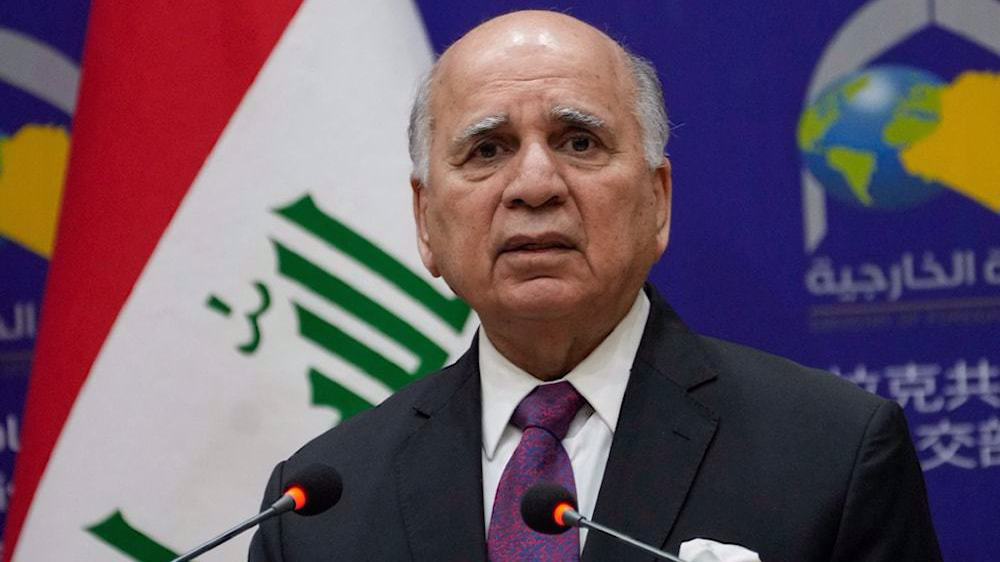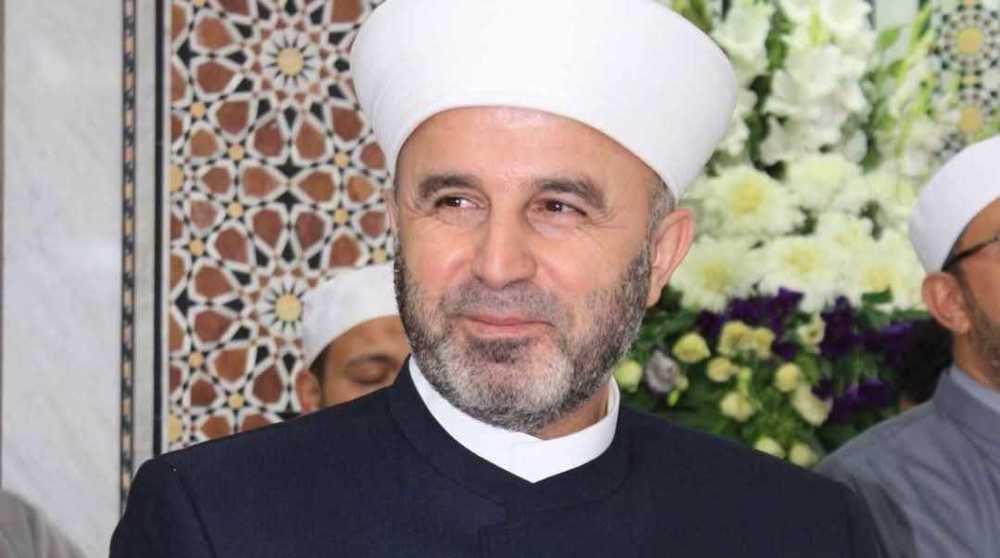2018 worst year for Syria humanitarian situation: UN
The UN Humanitarian coordinator for Syria has warned that the country is currently experiencing its worst humanitarian crisis since a foreign-backed crisis erupted in the country seven years ago.
"We see in 2018 the humanitarian situation inside Syria being the worst we have seen since the war started: a very dramatic deterioration, massive displacement, disrespect of protection of civilians and people's lives still being turned upside down," Panos Moumtzis said in the Lebanese capital Beirut on Friday.
Moumtzis noted that Syria was the worst place in modern history in terms of attacks on healthcare workers and facilities, adding that 70 percent of all such attacks worldwide occur in the Arab country.
According to UN data, 89 healthcare workers lost their lives in 92 attacks on healthcare facilities between January 1 and May 4, compared with 73 killed in 112 attacks in the whole of 2017.
Most of the attacks on healthcare facilities and workers in 2018 took place in Eastern Ghouta on the outskirts of the capital Damascus and Idlib.
The UN humanitarian coordinator expressed concern over poor aid delivery in Syria, saying only seven percent of the requests for aid delivery were granted permission in the first four months of 2018.
According to the UN, although the number of people living in besieged areas has fallen dramatically to 11,100 after the recent liberation of Eastern Ghouta, 2.05 million Syrians in need of humanitarian assistance still live in hard-to-reach regions.
Syria has been gripped by foreign-backed militancy which has killed over half a million people since March 2011. The Syrian government says the Israeli regime and its Western and regional allies are aiding Takfiri terrorist groups that are wreaking havoc in the country.
The Syrian government, backed by Russian warplanes, has managed to liberate swathes of territory it lost following the outbreak of the crisis.
Last month, the EU and UN held a two-day conference in Brussels in an attempt to get international humanitarian aid for Syria.
According to the EU, nearly 6.1 million Syrians are currently internally displaced, over five million have fled the country and 13 million others are in need of assistance.
One third of Syrian youngsters are out of school and a third of schools in the country cannot be used due to the war.
The UN children's agency, UNICEF, said last month that nearly 2.8 million Syrian children had stopped their education, warning that going to school in some parts of Syria "has at times become a matter of life and death."
VIDEO | Thousands evacuated in Ethiopia amid earthquakes, volcanic eruption fears
Revealed: Israeli ministers eye restoration of illegal settlements in Gaza through genocide
How Los Angeles’ pistachio tycoons facilitated and profited from wildfires
Iraqi PM: Iran was in Syria to fight terrorism; presence requested by Damascus
Hamas: Israel's massacre in Jenin camp won’t break resistance
60 bodies recovered from abandoned South African gold mine: Police
Biden administration ‘quietly’ circumnavigating own ban on TikTok: Report
Iran Navy takes delivery of first advanced ‘signals-intelligence’ destroyer













 This makes it easy to access the Press TV website
This makes it easy to access the Press TV website